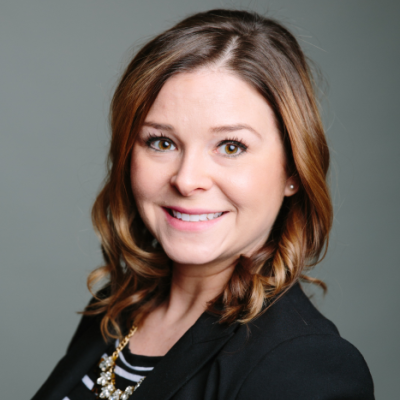We recommend our new report, Undue Process: Why Teachers in Twenty-Five Diverse Districts Rarely Get Fired, to any and all budget-conscious holiday shoppers. At a breezy fifty-six pages, it’s seven times shorter than the Los Angeles teachers’ contract. And unlike the appeals process in New York, it won’t cost you a penny (so you can still afford that dream honeymoon and Death Star-themed waffle-maker).
Still not convinced? Let us give you a sneak preview. Here are just a few of the woeful and wacky tidbits we unearthed while writing the report.
First the woeful:
- In the Los Angeles Unified School District and the San Francisco Unified School District, some veteran teachers are only evaluated once every five years. (On the bright side, as of this year, members of the Communist Party can once again teach in California classrooms, which is a relief for those concerned about ideological balance.)
- In the Providence Public School District, tenured teachers must be observed at least fifteen times during remediation. (In contrast, in over half of the districts in our study, the evaluation and remediation processes combined require five or fewer observations.)
- In Albuquerque and Boston, complex and lengthy grievance processes can delay a teacher’s dismissal by up to nine months, not including the time spent in arbitration.
- Teachers in Nevada must be rated “ineffective” three years in a row to be eligible for dismissal, and even after that, teachers recommended for dismissal are entitled to multiple appeals.
- In twenty-one of the twenty-five districts included in our study, veteran teachers facing dismissal are entitled to multiple appeals, including at least one to an entity outside their district (such as an appellate court or other external arbitrator). Just four districts studied limit teachers to a single internal appeal (Burlington, Indianapolis, Miami-Dade, and Milwaukee).
Now for the wacky:
- The Hawaii Department of Education determines the evaluation schedule for “effective” tenured teachers based on the last digit of their social security number (SSN). Tenured teachers whose SSN ends in an even number don’t have to be observed or evaluated on student learning objectives this school year.
- In Burlington, Vermont, “No class in grades 1–12 will exceed a ratio greater than one student for each thirty square feet of available classroom size except that the number of students in a kindergarten class will not exceed a ratio greater than 1 student for each fifty square feet of available classroom space.” (The Fordham staff could not reach a consensus on the reasonableness of these ratios, or the advisability of having children of kindergarten age.)
- District contracts also have some interesting provisions related to scheduling. For example, San Francisco’s stipulates that “All teachers regularly assigned to a school shall be at their respective classrooms or other places of service at least fifteen (15) minutes but not more than thirty (30) minutes before the regular opening of school as communicated by the administrator.” (Sorry, early birds. No worm for you!)
- Denver Public Schools’ contract requires that a teacher’s remediation plan address “no more than three identified criteria as deficiencies.” (No word on what happens if there are more.)
- Finally, Chicago’s contract restricts teachers from performing several specific custodial duties: “No teacher shall be required to perform such custodial duties as emptying trash, dusting erasers, washing boards, dusting, placing chairs on desks, or returning furniture to its proper place.”
Maybe someone should tell the kids about that last one. They sound entitled.


